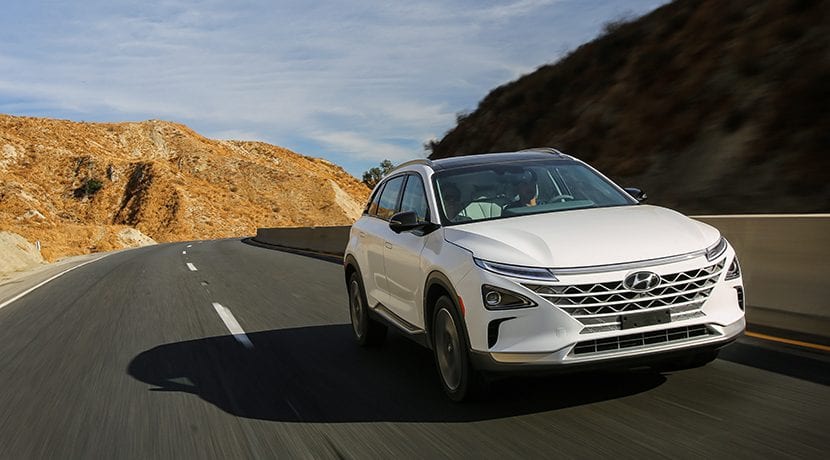
If there is something that stands out in the corporate culture of Japanese brands, it is the humility that characterizes them. Knowing how to recognize the good and bad of oneself, as well as of rival firms, is an exercise that not all companies in the automotive sector know how to do, causing what is known in marketing as "competitive myopia". In this case, they have been the South Korean Hyundai and the Japanese Toyota who have carried out this exercise.
The reason for executing it has been for a common good for both, and for the emission-free mobility of the future. As they have made public, they have established a collaboration agreement for the development of technology related to hydrogen cell. The reason that has led them to join has to do with the strengths and weaknesses they have detected in their organizations, because where Hyundai has been developing this technology for years, Toyota is still in its infancy.

As a counterpoint, Toyota has been the undisputed leader in the development of the hybrid technology and Hyundai is now starting this adventure with the iOniq. In any case, both firms are convinced that vehicles powered by hydrogen cell They present an alternative that is just as viable as the electric ones that are currently marketed, so they need to promote their development so that they are accessible to the general public.
This alliance will begin its journey using the technology incorporated in the new Hyundai Nexo, as it represents the latest technical evolution reached by the South Korean firm. From there, they will explore other alternatives to improve the autonomy between recharges and the size and weight reduction of hydrogen tanks. However, they seek to create a new power plant that can be viable for various model segments without skyrocketing costs and where performance is reasonable.
We will have to see the steps that this new alliance takes, because if Hyundai and Toyota they find the key to the hydrogen viability, this technology could prevail in the near future. In any case, they still have a major hurdle to overcome, which is none other than the poor network of hydrolines that exists and the dangers that this fuel can represent in certain states of its production and storage phase.
Source – Automotive News